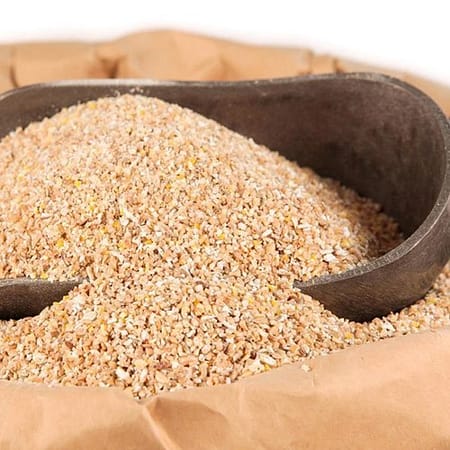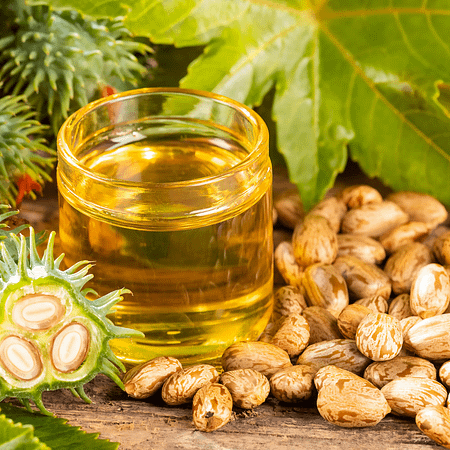Livestock Management
What is organic livestock management?
Organic livestock management involves distinct practices compared to conventional methods. It prioritizes pasture utilization and imposes limitations on the utilization of antibiotics and hormones, yielding benefits for both individuals and the environment. Organically reared animals enjoy a higher standard of living compared to their conventionally raised counterparts.
Basic requirements
To stay organic, livestock farmers must adhere to particular criteria, which include:
- Implementing management practices that preserve natural resources and biodiversity.
- Prohibiting the use of antibiotics or synthetic growth hormones.
- Ensuring that all feed provided is entirely certified organic and that animals are reared on certified organic land.
- Providing animals with continuous access to the outdoors throughout the year.

Organic livestock farming offers numerous advantages:
- Pasture-based products like eggs and milk boast enhanced nutritional quality, containing higher levels of omega-3s and beneficial fatty acids.
- The utilization of manure as fertilizer enriches the soil, promoting its health and fertility.
- By prohibiting antibiotics, organic production mitigates the risk of antibiotic resistance and the emergence of “superbugs.”
- Grazing livestock can utilize marginal land unsuitable for crop cultivation, thereby maximizing land use efficiency.
- Livestock aid in weed management by consuming or trampling unwanted plants, reducing the need for herbicides.
- The presence of livestock provides an additional revenue stream for farmers and helps distribute workload throughout the year.
- Farmers benefit from increased flexibility in managing animals, enabling them to adapt to market conditions and other variables by choosing to sell crops directly or feed them to livestock.
- Pasture-based livestock operations hold significant potential for carbon sequestration, making them a valuable component of sustainable farming practices.

Why does it matter?
The significance of organic livestock management becomes apparent when considering the detrimental impacts of factory farming on climate change. In factory farms, large numbers of animals are confined, often leading to deforestation for feedlot expansion. This intensive farming approach results in the rapid depletion of pasture and ground cover, leaving soil vulnerable to erosion by wind and water. Furthermore, the accumulation of manure in pits emits methane and nitrous oxide, potent greenhouse gases.
Animals in factory farms are fed grain to accelerate growth, despite many, like cows, being ill-suited to digesting grain. This reliance on grain leads to increased antibiotic use and the potential for “superbug” outbreaks. Moreover, the demand for feed crops such as corn and soy necessitates monocultures, exacerbating emissions and land degradation.
In contrast, organic livestock management emphasizes pasture-based practices, fostering biodiversity, soil health, and humane treatment of animals. Animal waste is utilized as a fertility tool rather than posing a hazard. Livestock contribute to improving land health, and pasture-based operations hold the greatest potential among farming practices for carbon sequestration. Thus, transitioning to organic livestock management can play a crucial role in mitigating the adverse environmental impacts associated with factory farming.













